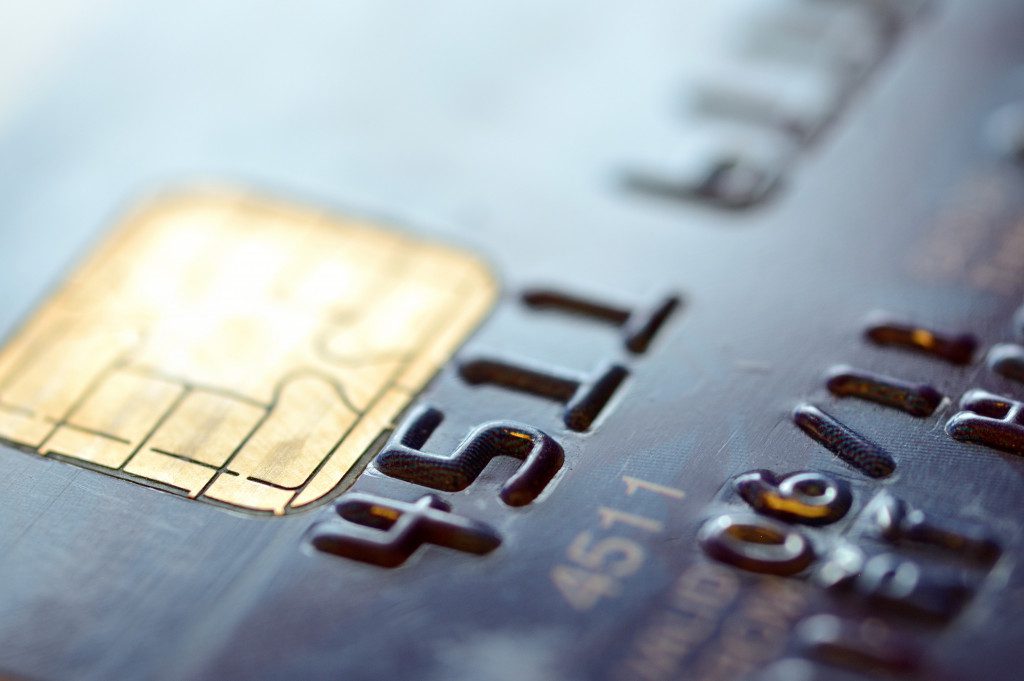- Small businesses can start without a bank account, but creative financing methods are necessary.
- About 4% of Americans don’t have a bank account, exploring alternative options for business financing.
- Prepaid debit cards, business licenses, third-party payment processors, and credit unions are viable alternatives.
- Traditional funding is accessible with alternative credit data, like rent payments and utility bills.
- Despite alternatives, bank accounts offer low fees, increased security, and better access to credit.
Starting a small business requires hard work, dedication, and resources. One of the most important resources that you will require is funding. Many entrepreneurs consider traditional bank loans, lines of credit, or credit cards their primary funding source. However, not everyone can qualify for traditional financing or may not have a bank account to access these resources. This begs the question – can you start a small business without a bank account? The answer is yes, but it may require extra work and creativity.
Americans Without a Bank Account
It’s estimated that about 4% of Americans don’t have a bank account. This can be attributed to immobility or lack of access to banks in rural areas, distrust of the banking system, inability to meet minimum balance requirements, and other financial issues. Consequently, a few options are available to those without access to traditional financing that don’t involve a bank account. Here are some of them:
1. Explore Alternative Financing Options
There are several alternative financing options that you can explore, such as microloans, crowdfunding, and peer-to-peer lending. Microloans are small business loans that typically range from $500 to $50,000 and are offered by nonprofit organizations, community development organizations, and some government agencies.
Crowdfunding is another popular option where you can raise funds from many people, typically through online platforms. Peer-to-peer lending platforms connect borrowers with individual investors willing to provide funding.
Interestingly enough, you can also have access to traditional financing options. One way to have access to these is by using alternative credit data. This can include information on rent payments, utility bills, or other non-traditional sources. By assessing this data, lenders can make a more informed decision and get access to funding even without a bank account.

2. Use a Prepaid Debit Card
A prepaid debit card can also work if you do not have a bank account. Prepaid cards work like bank accounts but are not linked to a traditional bank. You can use them to make and receive payments, withdraw cash, and even pay bills. Some prepaid cards also offer features like direct deposit and mobile check deposit, making them a convenient option for small business owners.
3. Get a Business License and Tax ID Number
You must obtain a business license and tax ID number (an Employer Identification Number or EIN) to operate a business. You can apply for a business license through your state or local government. The best part is that you do not need a bank account to obtain a business license or EIN.
4. Work with a Third-Party Payment Processor
If you do not want to set up a bank account or do not qualify for a merchant account, you can work with a third-party payment processor like PayPal, Square, or Stripe. These companies allow you to accept credit card payments and manage your finances through their platform. They charge a fee for their services, but they are a convenient option for small business owners who do not want to deal with the complexity of traditional merchant accounts.
5. Establish a Relationship with a Credit Union
Credit unions are not-for-profit financial cooperatives that their members own. They offer many services as traditional banks but may be more flexible and inclusive. Some credit unions offer business accounts and loans, making them a good option for small business owners who want to establish a relationship with a financial institution.
The Advantages of Having a Bank Account
One can never underestimate the importance of having access to a bank account. Access to a checking or savings account can provide many advantages for small business owners. Here are some of those advantages:

1. Low Fees
Banks usually offer lower fees and interest rates than other banking services. This can save you money in the long run as you transact on your business account.
2. Increased Security
Having a bank account also increases the security of your finances, as banks are FDIC-insured and have many built-in security measures in place.
3. Access to Credit
Having a bank account increases your access to traditional financing options, such as loans and lines of credit, which can be used to grow your business. Building a positive relationship with a financial institution may also increase the chances of getting approved for those funds.
While starting a small business without a bank account is challenging, it’s certainly feasible. Entrepreneurs can leverage many other options to manage their business finances. However, the benefits of having a bank account are compelling reasons to consider establishing one. Regardless of the chosen path, focusing on responsible financial management is crucial and ensuring that the chosen method aligns with your business goals and needs.


